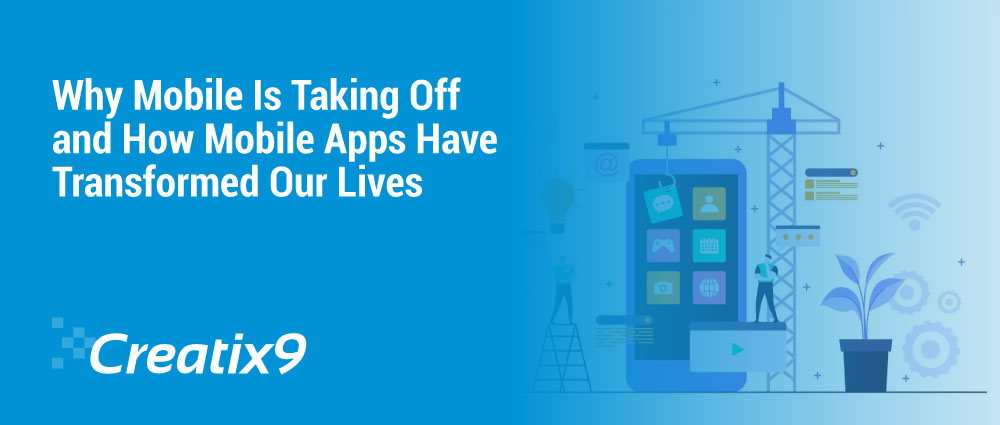
Nearly every part of our life has been dramatically changed by mobile apps. Making a grocery list, placing food orders, examining account balances, and interacting with others. There’s an app for that, as the commercial claimed. We use mobile apps so frequently that we seldom give it much thought. In this blog, we’ll take a look at how mobile app development company in the UK are bringing new trends in market and how these apps have impacted our social, professional, and recreational activities. We’ll also get a sneak preview of what a world with mobile apps might entail.
How Quickly the History of the Mobile App Can Be Said
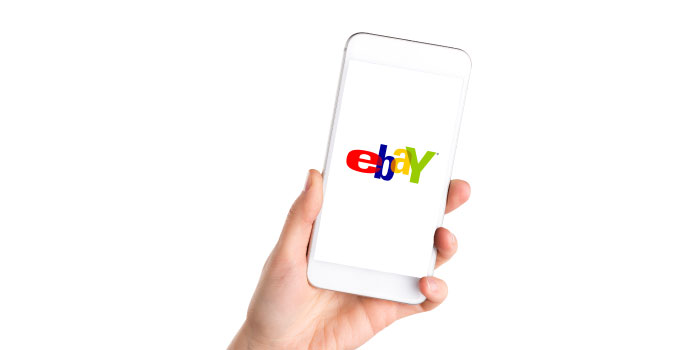 It’s incredible to think that Apple and Google’s respective app shops launched less than ten years ago. According to a recent Statista estimate, there were an astounding 6.3 million mobile apps accessible as of March 2017 across the top app stores. Given that Apple and Google only launched their app stores roughly nine years ago, this astounding number is mind-boggling. Since PhoneSaber and the initial eBay app, apps have advanced significantly. By utilising the supercomputer-like processing power of modern smartphones and their cutting-edge mobile networks, mobile apps are now capable of almost everything you can think of.
It’s incredible to think that Apple and Google’s respective app shops launched less than ten years ago. According to a recent Statista estimate, there were an astounding 6.3 million mobile apps accessible as of March 2017 across the top app stores. Given that Apple and Google only launched their app stores roughly nine years ago, this astounding number is mind-boggling. Since PhoneSaber and the initial eBay app, apps have advanced significantly. By utilising the supercomputer-like processing power of modern smartphones and their cutting-edge mobile networks, mobile apps are now capable of almost everything you can think of.
What Caused The Popularity Of Mobile Apps To Soar?
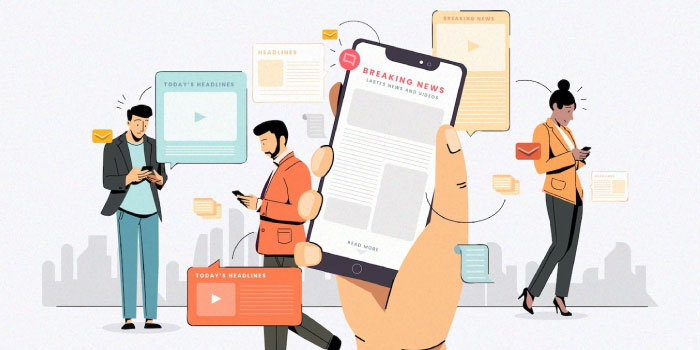 The exponential growth of mobile apps was fueled by two main factors: Users adored the ease of using the apps they could download to their phones, and they virtually always carried their phones with them. These elements worked together to drive the growth of mobile apps in ways that desktop application developers couldn’t have imagined.
The exponential growth of mobile apps was fueled by two main factors: Users adored the ease of using the apps they could download to their phones, and they virtually always carried their phones with them. These elements worked together to drive the growth of mobile apps in ways that desktop application developers couldn’t have imagined.
How Socializing, Working, and Playing Have Been Revolutionized by Mobile Apps
-
Social Media Applications
Social networking apps have significantly changed how we communicate with one another, for better or worse. We can easily communicate with individuals all around the world via social media. This used to be primarily restricted to the world of ham radio, where individuals could connect and have live talks over shortwave radios. When compared to modern technologies like Facebook and Skype, which enable real-time video and audio chats between users nearly anywhere in the world, this kind of communication suddenly seems very archaic.
-
Using Mobile Applications at Work
 Social media, games, and other personal apps are only a small portion of what mobile apps can do. Employers are now employing mobile apps for a variety of reasons that are connected to the workplace, with the majority of apps focusing on productivity, operations, and management. A smartphone app could be used to send a maintenance crew to the shop floor or to track a delivery driver’s whereabouts. Even some firms are tracking employee wellness with mobile apps. Business executives admit that mobile apps are a crucial component of their business in this Accenture survey. As more people use their mobile phones to access the internet than their traditional, desktop-based computers, the distance between this idea and the creation of employee mobile apps for firms will continue to close.
Social media, games, and other personal apps are only a small portion of what mobile apps can do. Employers are now employing mobile apps for a variety of reasons that are connected to the workplace, with the majority of apps focusing on productivity, operations, and management. A smartphone app could be used to send a maintenance crew to the shop floor or to track a delivery driver’s whereabouts. Even some firms are tracking employee wellness with mobile apps. Business executives admit that mobile apps are a crucial component of their business in this Accenture survey. As more people use their mobile phones to access the internet than their traditional, desktop-based computers, the distance between this idea and the creation of employee mobile apps for firms will continue to close.
-
Utilizing Mobile Applications at Work
Social media, games, and other personal apps are only a small portion of what mobile apps can do. Employers are now employing mobile apps for a variety of reasons that are connected to the workplace, with the majority of apps focusing on productivity, operations, and management. A smartphone app could be used to send a maintenance crew to the shop floor or to track a delivery driver’s whereabouts. Even some firms are tracking employee wellness with mobile apps. Business executives admit that mobile apps are a crucial component of their business in this Accenture survey. As mobile phone use overtakes traditional, desktop-based internet usage, the distance between this notion and the creation of employee mobile apps for enterprises will continue to close.
-
How We Play and Mobile Apps
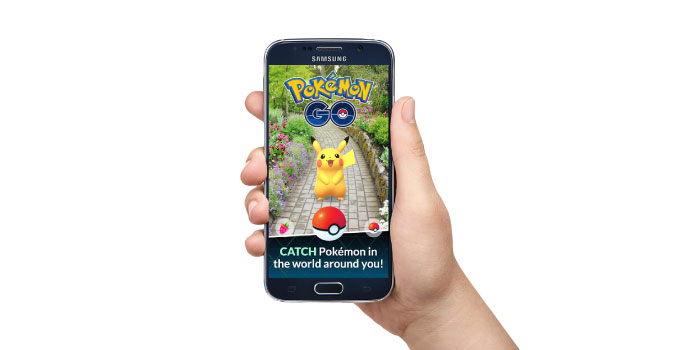 Almost everyone recalls the 2016 launch of Pokemon Go. It was an instant hit, an Augmented Reality (AR) game made for mobile devices. You go on a Pokemon search in the game. You gather one when you discover one. Your gathered Pokemon are battle-ready thanks to your training. Due to this game alone, individuals are out at all hours of the night searching for Pokemon in their neighbourhoods, surrounding parks, and wooded areas. Numerous VR and AR mobile apps were created as a result of Pokemon Go, many of which are now accessible through Google Play and the Apple Store.
Almost everyone recalls the 2016 launch of Pokemon Go. It was an instant hit, an Augmented Reality (AR) game made for mobile devices. You go on a Pokemon search in the game. You gather one when you discover one. Your gathered Pokemon are battle-ready thanks to your training. Due to this game alone, individuals are out at all hours of the night searching for Pokemon in their neighbourhoods, surrounding parks, and wooded areas. Numerous VR and AR mobile apps were created as a result of Pokemon Go, many of which are now accessible through Google Play and the Apple Store.
-
Other Approaches to Using Mobile Apps
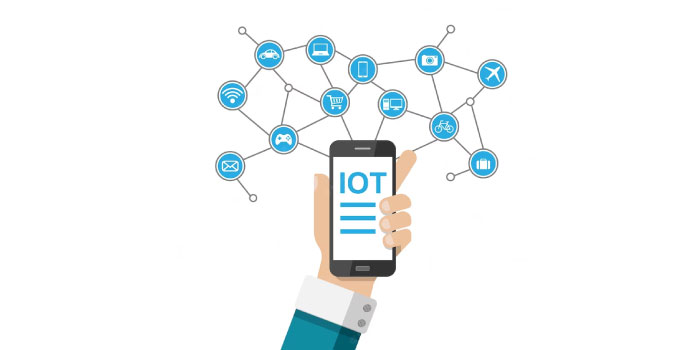 We use mobile apps in a variety of ways. Fitbit encourages people to stay active, Siri provides instructions when we’re looking for sushi in a new location, and Amazon.com allows us to order just about anything with our phones. A utility business in Australia is utilising mobile apps and IoT technologies to monitor the power grid in far-flung areas of the outback, while logistics companies are using these tools to follow shipments and drivers in real time. While tapping our phones against one another to discuss a delicious dish, we order all the ingredients for supper and order rides. Mobile apps expand and improve our capabilities every day, from tracking heartbeats to exploring uncharted territory.
We use mobile apps in a variety of ways. Fitbit encourages people to stay active, Siri provides instructions when we’re looking for sushi in a new location, and Amazon.com allows us to order just about anything with our phones. A utility business in Australia is utilising mobile apps and IoT technologies to monitor the power grid in far-flung areas of the outback, while logistics companies are using these tools to follow shipments and drivers in real time. While tapping our phones against one another to discuss a delicious dish, we order all the ingredients for supper and order rides. Mobile apps expand and improve our capabilities every day, from tracking heartbeats to exploring uncharted territory.
A Glimpse of Mobile Apps In The Future
The future of apps is a little cloudy in this regard, creative agency services online with an increasing consensus favouring the replacement of applications with websites that provide the same functions as mobile apps.
However, the underlying technology is evolving, with native mobile apps being replaced with cross-platform apps with a single codebase that work on almost all common OSes and manufacturers. Mobile apps are more simpler and less expensive to create with a single codebase; all you need is a kind of wrapper that converts the source code of the app into the language of the phone brand, model, and OS you intend to use it on. If anything, these apps with a single codebase will act as a stepping stone for online applications that can be used by any phone that has access to a 3G or newer network. But that’s a very long way off.
Conclusion
Mobile apps will undoubtedly continue to exist for a very long time. We will still need to utilise them to interact with one another, buy, and make payments even though technologies and the way apps are made may change. With games and other apps created for these relatively new technologies, AR and VR are gaining ground in the mobile app market. Mobile web apps will continue to be less popular and used than native mobile apps as long as basic internet technologies are not made quicker and more secure. If you are looking for mobile app development agency, then get in touch with creatix9, our highly professional team provides our customers with the best cross platform app development in the UK.

